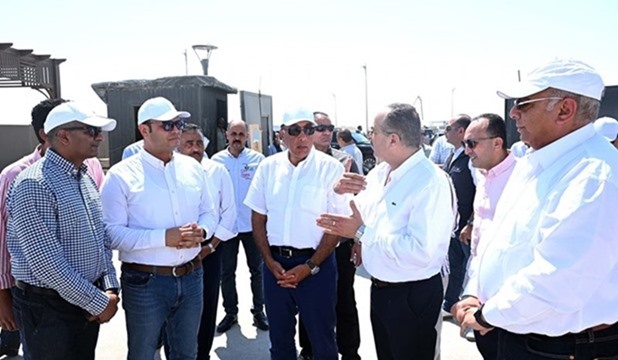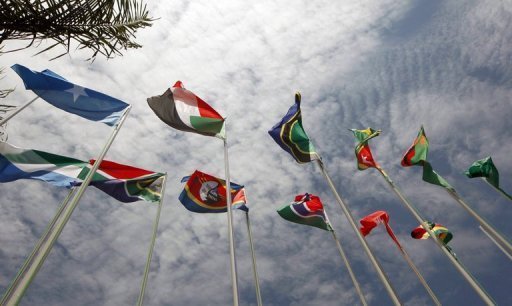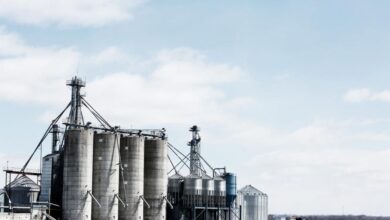
Prime Minister Moustafa Madbouly asserted that the Egyptian government gives a top priority to the field of seawater desalination, which is one of the most important pillars for sustainable development.
Madbouly highlighted the state’s efforts to expand desalination infrastructure using the latest advanced technologies, to maximize the efficiency and production capacity of desalination plants across the country.
Madbouly’s remarks came during his inspection visit to the experimental research station for seawater desalination in New Alamein City.
This visit was part of a broader tour of Egypt’s Northwestern Coast to monitor the implementation of several vital service and development projects.
Madbouly stressed the importance of the ongoing research experiments concerning using desalinated seawater in agriculture.
These trials involve cultivating various types of vegetables and fruits and reflect the state’s efforts to expand agricultural potential in newly developed coastal areas.
“The broader aim is to enhance food security and meet sustainable development goals by increasing Egypt’s cultivable land area,” he said.
During the visit, Madbouly received a detailed briefing from Minister of Housing, Utilities and Urban Communities Sherif al-Sherbiny who outlined the station’s capabilities and the joint efforts being carried out with the Ministry of Agriculture and Land Reclamation.
These efforts focus on leveraging the desalinated water in various agricultural research and experimental initiatives.
Sherbiny elaborated on the coordinated cooperation between the ministries of housing and agriculture, which aims to establish a range of experimental crop trials in New Alamein.
He explained that research centers, including the agricultural research center and the desert research center, are currently conducting soil and water studies, along with identifying appropriate crop compositions suited to the area’s conditions.
“The selected crops are primarily low-water-demand, short-cycle vegetables and fruits, chosen for their resilience to the region’s climate, along with some strategic field crops,” he added.
Sherbiny emphasized that the success of these experimental projects could unlock new horizons for agricultural investment in the promising Northern Coast, particularly in New Alamein. This would support the transformation of parts of the region into modern agricultural production hubs, relying on seawater desalination and cutting-edge irrigation and cultivation technologies that conserve water.




